The market in besieged Leningrad: evidence of survivors. Part of 2
“How disgusting are these well-fed, lush-white“ talons ”who carve out card coupons from starving people in canteens and shops and steal bread and food from them. This is done simply: “by mistake” they cut out more than they should, and a hungry person discovers it only at home, when it is impossible to prove anything to anyone, ”says blockbuster AG Berman in September 1942 of his impressions of injustice.
The prices that were inflated on the black grocery market are simply amazing: in April, 1942 of the year a kilogram of butter can reach the price of the speculators in 1800 rubles! In the diaries, blockaders record a special aversion to the fact that such products are obviously stolen. The scale of theft, according to eyewitnesses, exceeds all reasonable limits and elementary humanity. Here is what A. A. Belov from Leningrad writes:
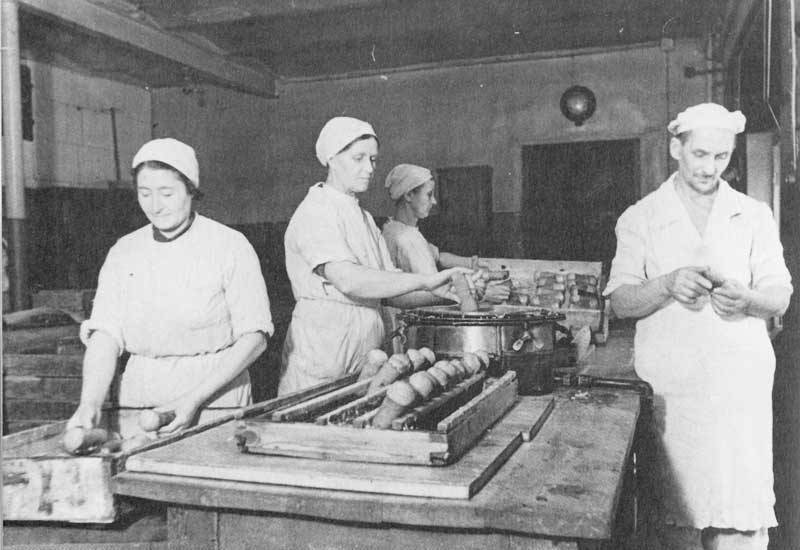
Perhaps one of the most resonant pictures of the period of the blockade of Leningrad.
In Leningrad there was such a phenomenon as canteens of reinforced food. Particularly contrasted with the surrounding gloomy and painful reality of the workers of such institutions. The artist I. A. Vladimirov writes about this:
In fact, all the waitresses and, of course, most of all the “bosses”, serve as examples of a happy, full life in our hungry times. Faces are ruddy, cheeks, lips are poured, and oily eyes and the fullness of the shapes of well-fed figures show very convincingly that these employees do not lose their kilograms of body weight, and gain weight significantly.
- You will not believe how many abusive answers I have heard enough. Without embarrassment, they covered me with the most disgusting areal expressions like: “Oh, you, so-and-so! Want to take money for our blood! No, do not need your money! I will not give up my acquired blood! ”
Orientalist A. N. Boldyrev wrote in the late autumn of 1943:
It is noteworthy that the NKVD Directorate of Leningrad and the region closely monitored the moods of the townspeople regarding the numerous speculators. So, in their summaries by the end of 1942, they mentioned the increasing frequency of dissatisfied statements about the work of canteens and shops, from which food was dragged to the black market. Rumors of mass speculation and the exchange of stolen goods for valuables began to circulate more and more often. IN historical sources contain excerpts from letters, many of which were sent to the law enforcement agencies of Leningrad: “We are entitled to a good ration, but the fact is that they steal a lot in the cafeteria” or “There are people who have not felt hunger and are now raging with fat. Look at the saleswoman of any store, she has a gold watch on her wrist. On another bracelet, gold rings. Every cook who works in the canteen now has gold. "
Speculators and confiscated values that were obtained for the products.
On average, in the autumn of 1942, for ten days, the NKVD organs fixed approximately 1 messages on 70 residents of the city - discontent among the masses grew. At the same time, the leadership of the NKVD informed the leadership of the Soviet Union that “the main contingent of those arrested for speculation and theft of socialist property are employees of trade and supply organizations (distribution network, warehouses, bases, canteens). The main object of theft and speculation are food and other normalized scarce goods. ”
The market relations of the besieged city created a special "seller-buyer" relationship. Women as the most important source of stolen products demanded in exchange for food related goods. Wife of Dmitry Sergeyevich Likhachev recalls:
Dmitry Likhachev himself writes:
Jura is his daughter, she studied at the Theater Institute. Fashionable women's things - the only thing that could be exchanged: the products were only from the waiters, saleswomen, cooks.
Over time, speculators have learned that you can visit apartments in Leningraders in the hope of a profitable exchange. Many blockaders could no longer go out and received meager food from close relatives, who in the canteens were shopping for dependency cards. And those who could walk had already managed to exchange everything of value for crumbs of food.
The literary critic D. Moldavsky recalls:
Dmitry Sergeevich Likhachev in his memoirs writes:
Children became one of the first victims of theft and speculation in besieged Leningrad.
The system of theft and speculation in the terrible conditions of the blockade worked flawlessly and did not accept people with remnants of conscience. The case from which the blood runs cold is described by the artist N. V. Lazarev:
The most base human vices, including the lack of pity for children, manifested themselves in all their gloomy glory in the horrors of besieged Leningrad.
Based on:
Weekday feat.
Lazareva N.V. Blockade.
Likhachev D. S. Memoirs.
Children and blockade. Memories, fragments of diaries, eyewitness accounts, documentary materials.
Pyankievich V. L. “Some die of hunger, others are cashing in, robbing the last crumbs of the first”: participants of the market trade in besieged Leningrad // Works of the Faculty of History of St. Petersburg University, 2012.
To be continued ...
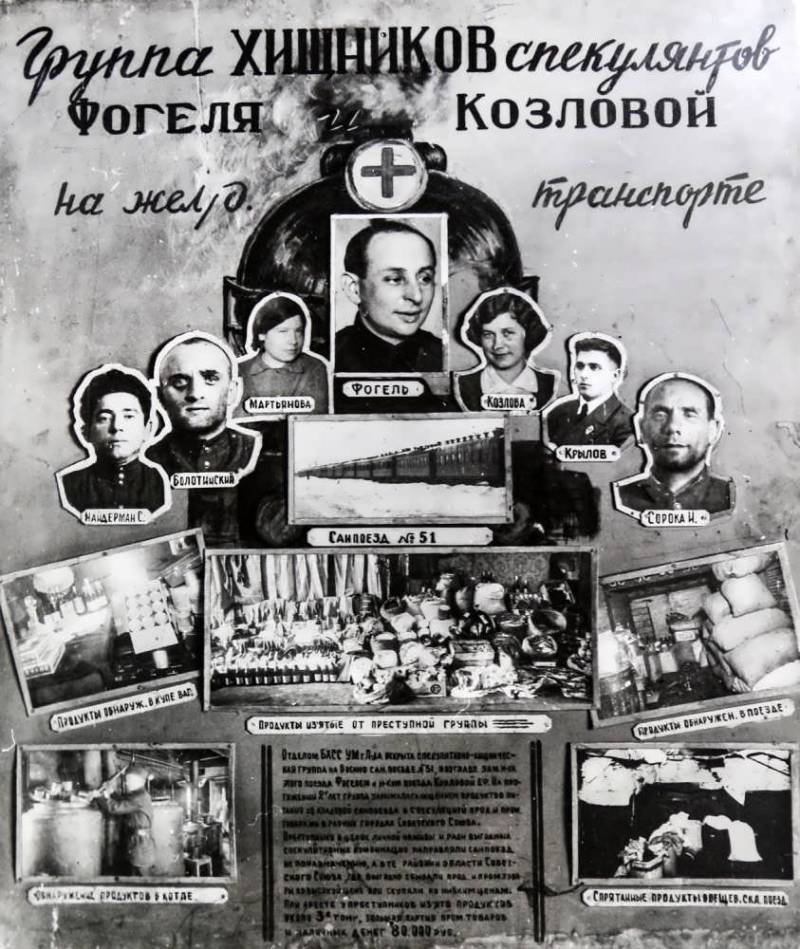
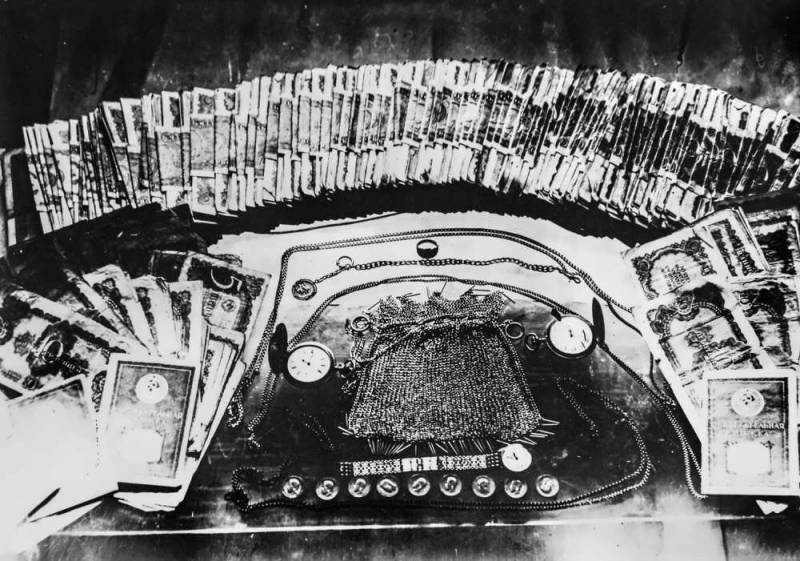
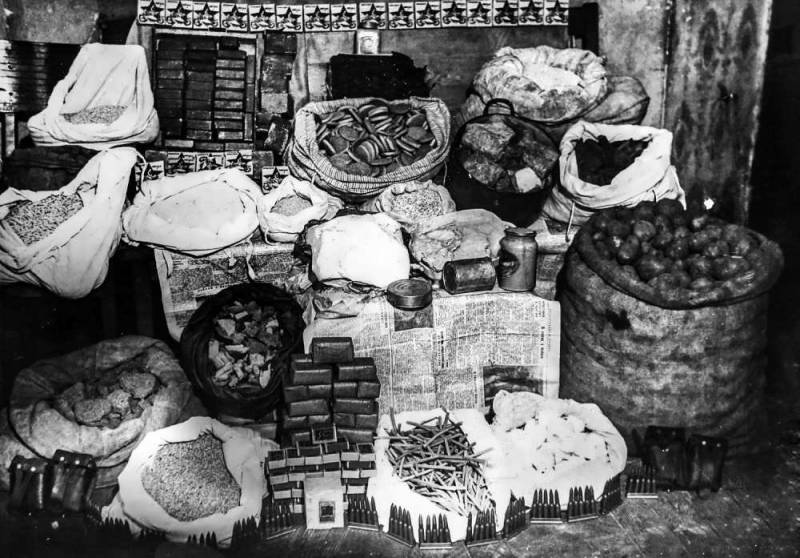
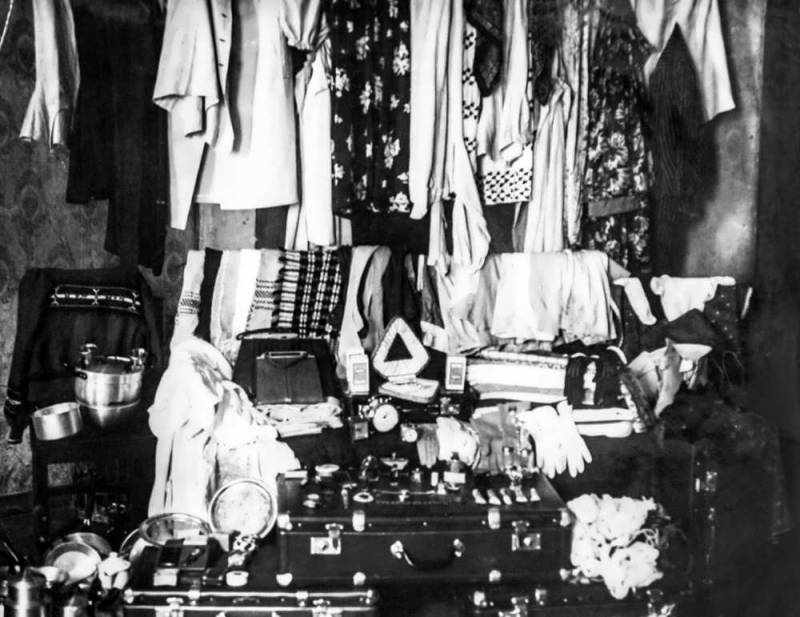
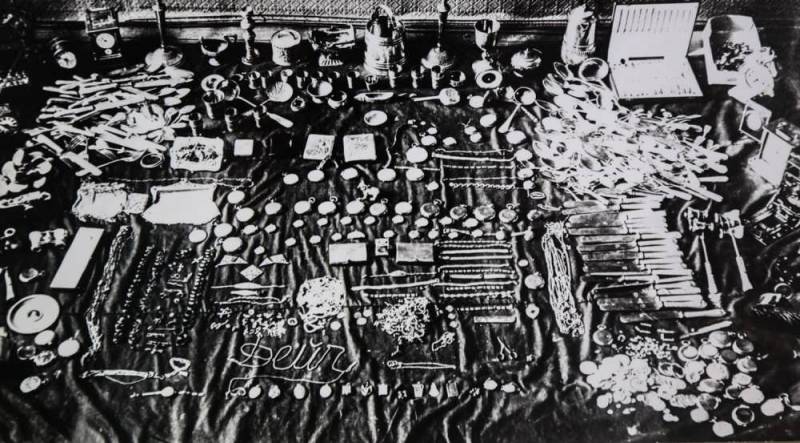
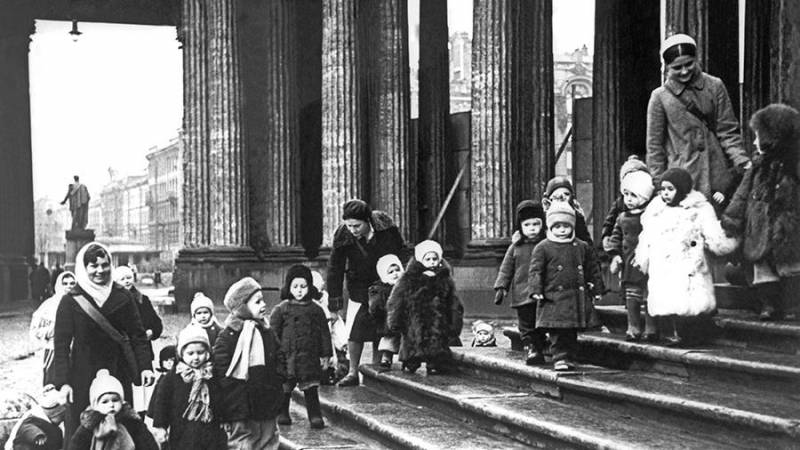
Information